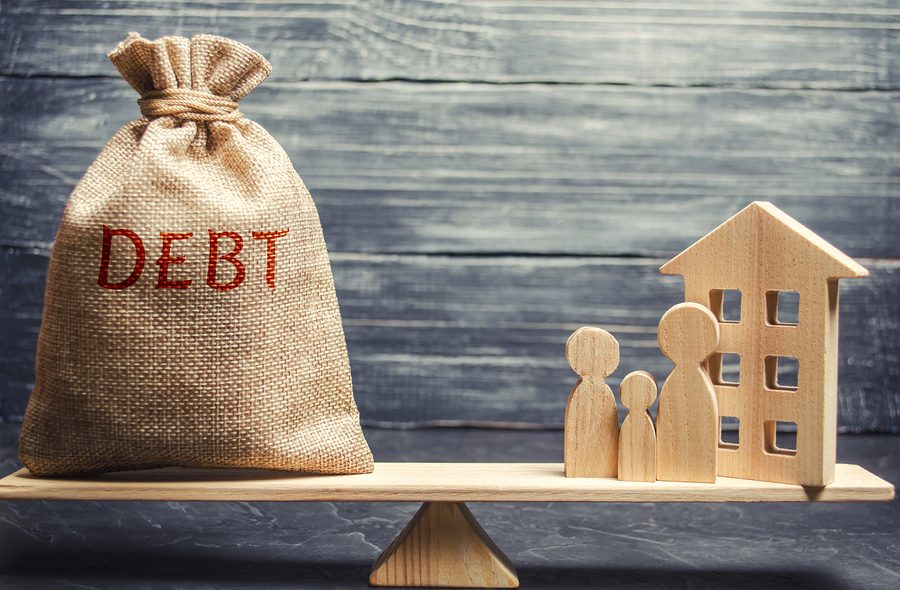The coronavirus (COVID-19) pandemic has hit the country hard. Many people have been left with no choice but to use their credit cards to pay for basic living expenses, including their rent. Financial analysts fear that this trend could be a warning sign that, without a second stimulus relief package from Congress, the nation’s economy is heading towards another crisis.
According to statistics from the Federal Reserve Bank of Philadelphia, an increase of approximately 70 percent has been reported on the number of consumers using their credit cards to pay their rent. What this indicates is that the person using their credit to pay for the most basic of living expenses is significantly struggling, does not have any savings to pay for unexpected expenses, and is at risk of losing his or her home.
Many of these individuals have been furloughed or are out of work due to statewide shutdowns at the start of the COVID-19 crisis. The first stimulus package passed by Congress in March 2020 allowed them to stay afloat, albeit temporarily. Now being months into the COVID-19 crisis, any stimulus money they may have received is now spent. When faced with the possibility of being without a home, consumers are choosing the less of two evils and are resorting to using credit to stay in their homes.
Using credit cards to pay for living expenses is not a long-term plan. For the most part, cardholders who are adding to their outstanding balances to pay for living expenses are making it even harder for them to ever pay off their credit cards. The interest rates on credit cards alone add to that problem. Without any stimulus help in the future, these consumers will likely end up with credit card balances in the tens of thousands with no realistic way of ever paying down their balances.
Both the State of Florida and the Centers for Disease Control and Prevention (CDC) have issued moratoriums on evictions during the COVID-19 pandemic. The moratoriums put a hold on any eviction proceedings, but they did not eliminate the obligations tenants had to pay their monthly rent. Florida’s moratorium expired at the beginning of October, while the CDC’s eviction moratorium is set to expire at the end of 2020, if it is not renewed.
According to Mark Zandi, the chief economist at Moody’s Analytics, approximately 10 million American consumers owe back rent. Once the stay is lifted on eviction proceedings, an influx of eviction proceedings is expected to flood the courthouses. This possibility hinges on the question of whether Congress will pass a second stimulus relief package.
Even if consumers do not lose their housing, millions are expected to fall deeper into debt, especially those who are relying on credit to pay for their basic living expenses. An influx of bankruptcy filings will be sure to follow if these individuals are not able to handle paying their living expenses and their growing credit card balances.
Please click here to read more.
If you have questions on this topic or are in financial crisis and considering filing for bankruptcy, contact an experienced Miami bankruptcy attorney who can advise you of all of your options. As an experienced CPA as well as a proven bankruptcy lawyer, Timothy Kingcade knows how to help clients take full advantage of the bankruptcy laws to protect their assets and get successful results. Since 1996 Kingcade Garcia McMaken has been helping people from all walks of life build a better tomorrow. Our attorneys’ help thousands of people every year take advantage of their rights under bankruptcy protection to restart, rebuild and recover. The day you hire our firm, we will contact your creditors to stop the harassment. You can also find useful consumer information on the Kingcade Garcia McMaken website at www.miamibankruptcy.com.

